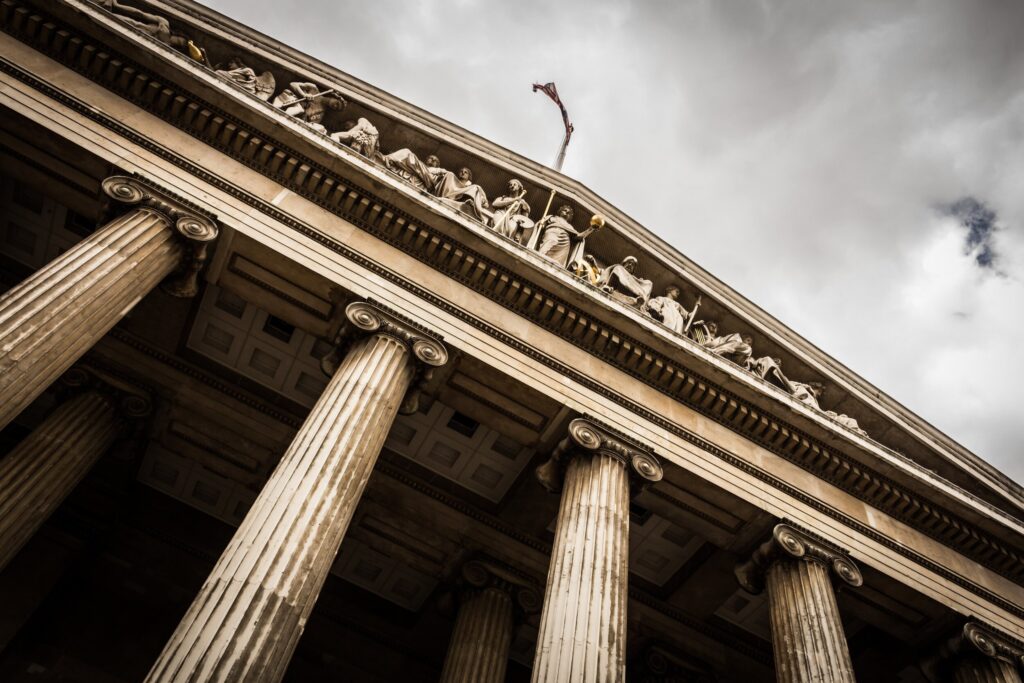On Friday, June 5, 2020, President Trump signed the Paycheck Protection Program Flexibility Act (PPPFA) after it was nearly unanimously passed by the House and Senate. The PPPFA relaxes the requirements for PPP loan forgiveness and gives businesses more time to pay back their debt.
The PPPFA Relaxes Conditions for Loan Forgiveness
The PPPFA makes the following changes to the PPP loan forgiveness requirements:
-
Payroll expenses. Businesses must use 60% of PPP loans to cover payroll costs (previously 75%). Confusingly, this may be all or nothing versus a potential pro-rated reduction if less than the required percentage is used under the previous iteration.
-
Covered period. Businesses may use PPP money for 24 weeks (previously eight weeks).
-
Rehiring employees. Businesses have until December 31, 2020, to rehire workers for their salaries to count towards loan forgiveness (previously June 30, 2020). Plus, businesses won’t be penalized for failing to rehire employees if the business (i) is unable to rehire an individual employee who was employed before February 15, 2020 and can demonstrate an inability to hire a similarly qualified employee before December 31, 2020 to fill the position, or (ii) can demonstrate an inability to return to the same level of business activity as before February 15, 2020 due to compliance with guidance/requirements of various agencies related to maintenance of sanitation, social distancing or employee/customer safety requirements related to COVID-19.
The PPPFA Extends Loan Repayment Terms
Under the PPPFA, businesses that aren’t eligible to have their loans forgiven must pay back their debt within five years at 1% interest. Plus, PPP loan recipients can defer their first repayment until six months after the Small Business Association (SBA) determines whether the loan is eligible for forgiveness.
Currently, regulations provide that banks have 60 days to determine whether loans can be forgiven, and the SBA has an additional 90 days. Therefore, some businesses may not need to start making payments until the Spring of 2021.
PPP Borrowers Can Defer Payroll Taxes
Finally, the PPPFA allows all businesses receiving PPP loan forgiveness to defer Social Security taxes until December 31, 2020. Previously, companies that received loan forgiveness were ineligible to delay Social Security taxes after their PPP loans were forgiven. Businesses electing to defer payroll taxes must start paying the amounts beginning in December 2021.
More Information on the Paycheck Protection Program
If you need help navigating PPP loan forgiveness, reach out to learn how we can help guide your company.





